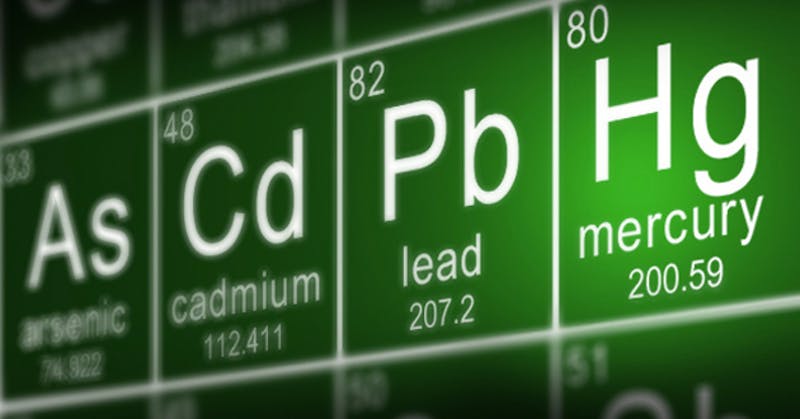ASTM D6357 Multi-Element Analysis in Fish Oil Products
The ASTM D6357 multi-element analysis is a critical service provided by our laboratory for the testing of heavy metals and toxic elements in fish oil products. This method ensures that these essential oils meet stringent quality standards set forth by international regulatory bodies, including the Food and Drug Administration (FDA) and European Union (EU). The primary goal of this test is to identify the presence and concentration levels of harmful contaminants such as lead (Pb), mercury (Hg), cadmium (Cd), arsenic (As), and others.
The process begins with a detailed examination of raw materials, which includes fish species, processing methods employed during extraction, and storage conditions. Proper sampling techniques are crucial to ensure accurate results; our team uses advanced tools like X-ray fluorescence spectrometers (XRF) and inductively coupled plasma mass spectrometers (ICP-MS) for precise measurements.
Once samples have been collected and prepared according to industry best practices, they undergo rigorous testing using ASTM D6357 guidelines. This includes diluting the sample if necessary, adding appropriate reagents, and performing multiple runs to account for variability in results. Our laboratory adheres strictly to ISO/IEC 17025 accreditation requirements ensuring reliability and accuracy.
It is important to note that heavy metals can accumulate over time due to environmental factors or during processing steps if not handled correctly. Therefore, regular monitoring through periodic testing helps maintain product integrity and consumer safety. By providing reliable data on metal content within fish oil supplements, we assist manufacturers in making informed decisions about ingredient sourcing and process optimization.
Our approach goes beyond simple detection; it focuses on understanding how different variables affect the levels of contaminants found in final products. For instance, certain species may naturally contain higher concentrations of specific metals depending on their diet or geographical location. Understanding these nuances allows us to provide more meaningful insights into potential risks associated with particular batches.
Additionally, our service covers not only the analytical aspect but also offers recommendations based on findings from ASTM D6357 testing. These suggestions could range from adjusting manufacturing processes to selecting alternative raw materials that minimize contamination risk. Such proactive measures are vital for maintaining compliance with global standards and protecting brand reputation.
- International Acceptance: ASTM D6357 is widely recognized across North America, Europe, Asia-Pacific regions as a standard method for heavy metal analysis in dietary supplements including fish oil products.





